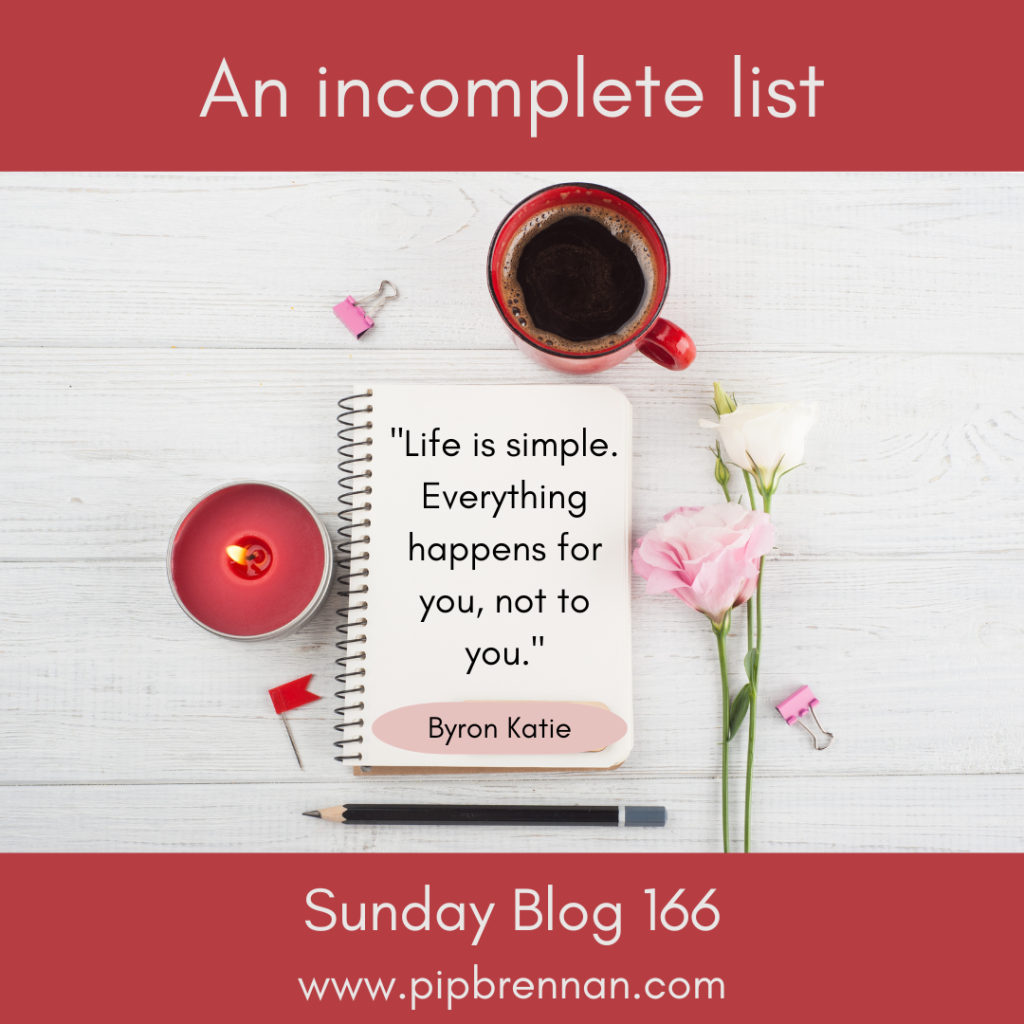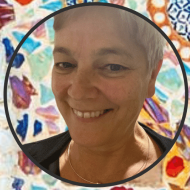Sunday Blog 166 – 5th January 2025

I spent the in between New Year space listening to Edith Eger’s memoir The Choice mainly because I thought it would provide my key to all mythologies I talked about in my last blog. It didn’t exactly-it was a gripping, beautifully written memoir more than boiled down list of hard-won wisdom. But to have such a powerful, wonderfully written testimonial from an Auschwitz survivor with nine decades of life to reflect and consider – that was a compelling if challenging start to the year.
In between listening to talking books, (Make Change That Lasts by my new favourite Rangan Chatterjee was an easier listen), I leafed through my luscious new lemon 2025 planner. It got me thinking about not just goals and habits but beliefs. The insights to live by (if you will) – guard rails to make more skilful decisions. And what is our life today but the cumulation of our decisions in the past?
But I can only create an incomplete list of insights to live by. Partly because they arrive like excitable, welcome house guests, seem very familiar, and how could I ever forget them? And then they go, and I forget them. Forget and remember, forget and remember.
Also, because as I said last week, these kind of lists, a fantabulous key to all mythologies is always going to be elusive. But this is more a list of what seems compelling, right now. So here goes…
- Taking responsibility for our own
stupiddecisions is the one and only way through to freedom. (Damn) It seems so compelling to blame external circumstances, and certainly we do need some time to feel sorry for ourselves and have our wounds witnessed. But if we are stuck at blaming others and circumstances, that guarantees getting stuck in the pain. As Byron Katie says “Life is simple. Everything happens for you, not to you.” There’s a lesson in there somewhere and when you get that lesson you may be lucky enough to progress to the next lesson. - Pain is inevitable but suffering is optional. Or as Edith Eger says, victimisation occurs (such as the horrors she survived) but victimhood is optional. Her perspective on this as an Auschwitz survivor are compelling.
- Nobody rides for free. Pain is inevitable (see point 2) and ongoing (see point 1)
- Thoughts are real, but they’re not true. Our thinking causes our suffering. (It’s so terrible that this happened to me. Why me?) When we change our thinking we adjust how we suffer. When we can ask where’s the lesson? The door to freedom is close.
- Feelings gotta be felt. With the right support, we can feel the powerful feelings of our traumas. And we can heal. (see point 2)
Right, off my soapbox for today. But if you have a favourite insight, I’d love to hear it.
